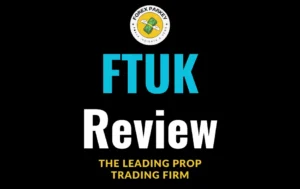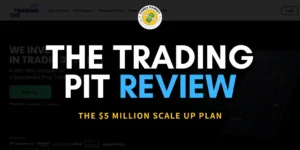Forex trading is like a big adventure, but it's not just about finding treasures. It's also about protecting what you have and understanding how your mind works in the process. Let's explore how risk management and psychology play crucial roles in this exciting journey.
Risk Management | Keeping Your Money Safe

Imagine you have a special shield to protect your treasure while exploring unknown territories. In Forex trading, this shield is risk management. It ensures that you don't lose all your money in one go.
1. Stop-Loss Orders:
Your Shield Against Big Waves Think of stop-loss orders as your shield against big waves in the ocean of trading. They are like setting a limit to how much you're willing to lose. Just like when you're playing a game, you decide beforehand how many lives you can afford to lose.

Similarly, a stop-loss order helps you decide the maximum amount you're willing to risk on a trade. When you set a stop-loss order, it's like having a safety net. If the trade goes in the wrong direction, the net catches you, and you don't fall too far. It's a way to protect your money from big losses.
2. Managing Position Sizes:
Spreading Your Treasure Wisely Now, let's talk about the size of your treasure chest. Instead of putting all your gold in one place, you spread it out in different compartments. This is similar to managing position sizes in trading.
Managing position sizes means not putting all your money into one trade. It's like having different baskets for your eggs. If one basket falls, you don't lose all your eggs. Similarly, if one trade doesn't go well, you won't lose all your money if you spread it wisely across different trades.
Psychological Aspects | Understanding Your Feelings at Sea

Trading is not just about numbers; it's also about understanding your feelings and making smart decisions. Let's dive into the psychological side of trading – how to deal with emotions and avoid common mistakes.
1. Dealing with Loss:
Learning from Storms Losses are like storms at sea – they happen. But just because a storm comes doesn't mean your ship will sink. Think of losses as lessons. Each loss teaches you something new, helping you become a better trader.
Instead of feeling bad about losses, see them as a natural part of the journey. You're not alone in facing storms; every trader encounters them. The important thing is to learn from each storm and improve your navigation skills.
2. Maintaining Discipline:
Sticking to Your Plan Discipline is like having a captain on your ship. Imagine your captain giving you orders on how to navigate through rough waters. Following those orders is discipline. In trading, discipline means sticking to your plan.
It's like following the map you've created. Even if the sea gets choppy and emotions tell you to change course, discipline keeps you on track. It helps you avoid making impulsive decisions that could lead to trouble.
3. Avoiding Overtrading:
Not Chasing Every Wave Overtrading is like trying to catch every wave in the ocean. It sounds fun, but it's risky. Imagine being on a surfboard and trying to ride every wave – you might end up exhausted and in trouble.
Similarly, in trading, if you try to make too many trades, you can get tired and make mistakes. It's better to wait for the right opportunities, like choosing the best waves to ride. Quality over quantity is the key to avoiding overtrading.
4. Emotional Decision-Making:

Steering Through Emotional Waves Emotions are like waves that can toss your ship around. Emotional decision-making is like navigating through those waves without a compass. Developing emotional intelligence is crucial.
It means understanding how emotions can affect your decisions. It's like predicting where the waves will go and steering your ship accordingly. When you're in control of your emotions, you're in control of your ship.
In Conclusion:
Sailing Safely with Your Treasure
In the vast sea of Forex trading, you are the captain of your ship. Risk management is your shield, and psychology is your compass. By using tools like stop-loss orders and managing position sizes, coupled with a disciplined and emotionally resilient mindset, you can sail through the Forex seas confidently. So, set sail, trader – may your journeys be safe, and your treasures grow.
Also Read:






